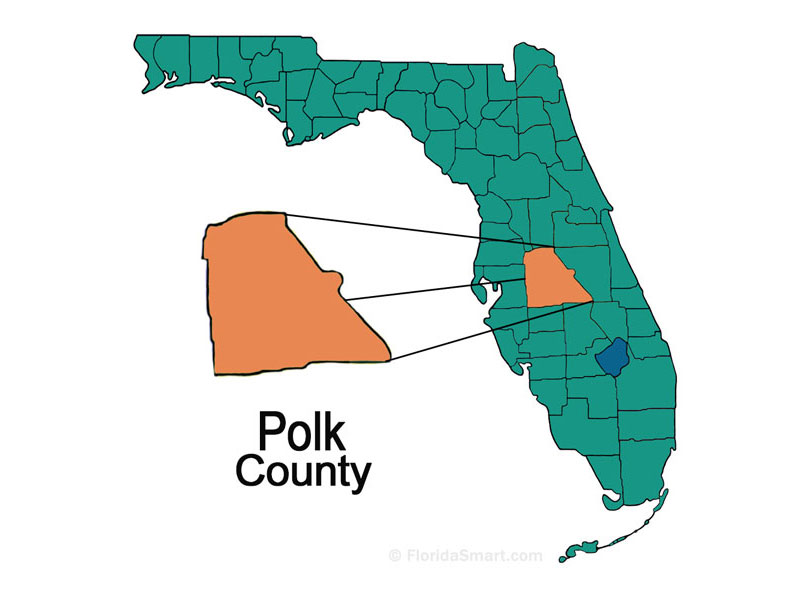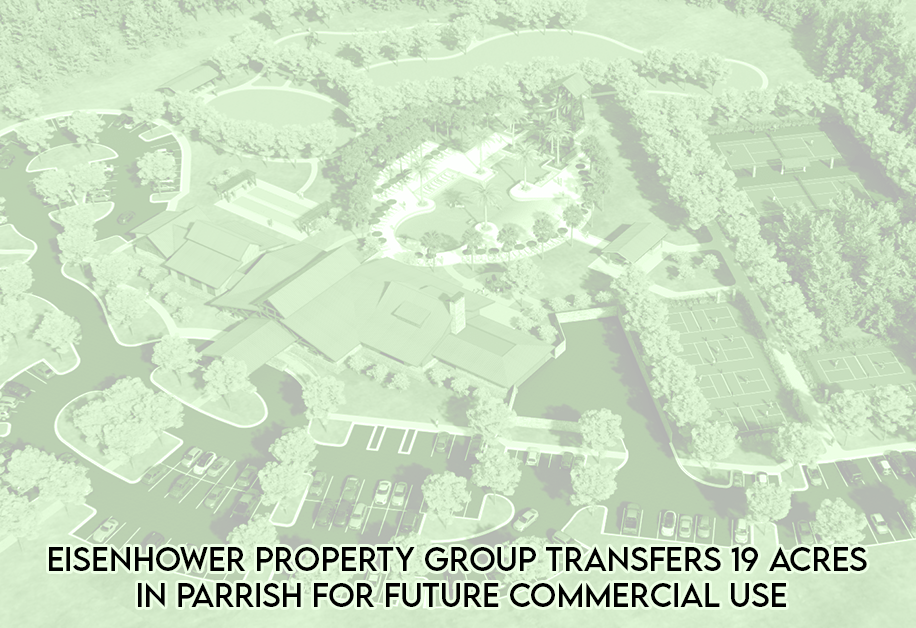
Bloomin’ Brands Sells Majority Stake in Brazilian Business to Private Equity Firm
January 10, 2025
Johns Hopkins to Start Construction on Pasco Children’s Hospital
January 10, 2025That Happened—So, What’s Next for Housing?
Supply Subsidies, Concession Contracts, and Rent Growth Expected to Return in 2025
The long-anticipated federal election cycle has concluded, with the final Congressional race called last week. With unified Republican control of government, the American electorate remains nearly evenly divided. Narrow majorities in both chambers of Congress present an opportunity for bipartisan collaboration on issues important to voters across the political spectrum.
Regardless of personal sentiments about the election outcome, this moment presents an exciting chance to advance a pro-housing agenda. The political landscape—a Republican sweep, a divided electorate, and other key dynamics—creates an environment ripe for long-overdue federal policies to address America’s housing needs.
Why This Moment Matters for Housing
- Housing Is a Priority for Voters
During the election, housing consistently ranked among the top three concerns for voters across party lines. With housing now a key issue on the federal agenda, the potential for meaningful action is greater than ever. - A Growing Consensus on the Housing Shortage
Voters and policymakers increasingly recognize that the lack of housing supply is the root cause of affordability challenges. Bipartisan agreement on this issue provides a crucial foundation for progress. - Slim Margins Encourage Bipartisanship
In dozens of House races, victories were secured by less than 5% of the vote. Representatives must prioritize issues like housing to appeal to middle-ground voters, creating opportunities for bipartisan policies that address housing needs. - Housing Policy at All Levels
Housing issues remain highly active at the state and local levels. Some jurisdictions, particularly those under Democratic control, are advancing well-meaning but ineffective policies, like rent regulation and transfer taxes, that fail to address supply shortages. These efforts elevate the need for multifaceted federal, state, and local solutions. Advocacy from multifamily houses is essential to ensure effective policies prevail. - Tax Policies Supporting Housing Investment on the Horizon
With key tax provisions expiring in 2025, there’s an opportunity to advance incentives like the Low-Income Housing Tax Credit (LIHTC). Expanding LIHTC and related tax incentives could attract private investment to meet America’s growing housing demand. - Technology and Housing Policy Intersect
As technology continues transforming rental housing, debates on AI, broadband, and data use will remain central. Proactive engagement in these discussions will help create a regulatory environment that fosters innovation while benefiting renters and housing providers.







